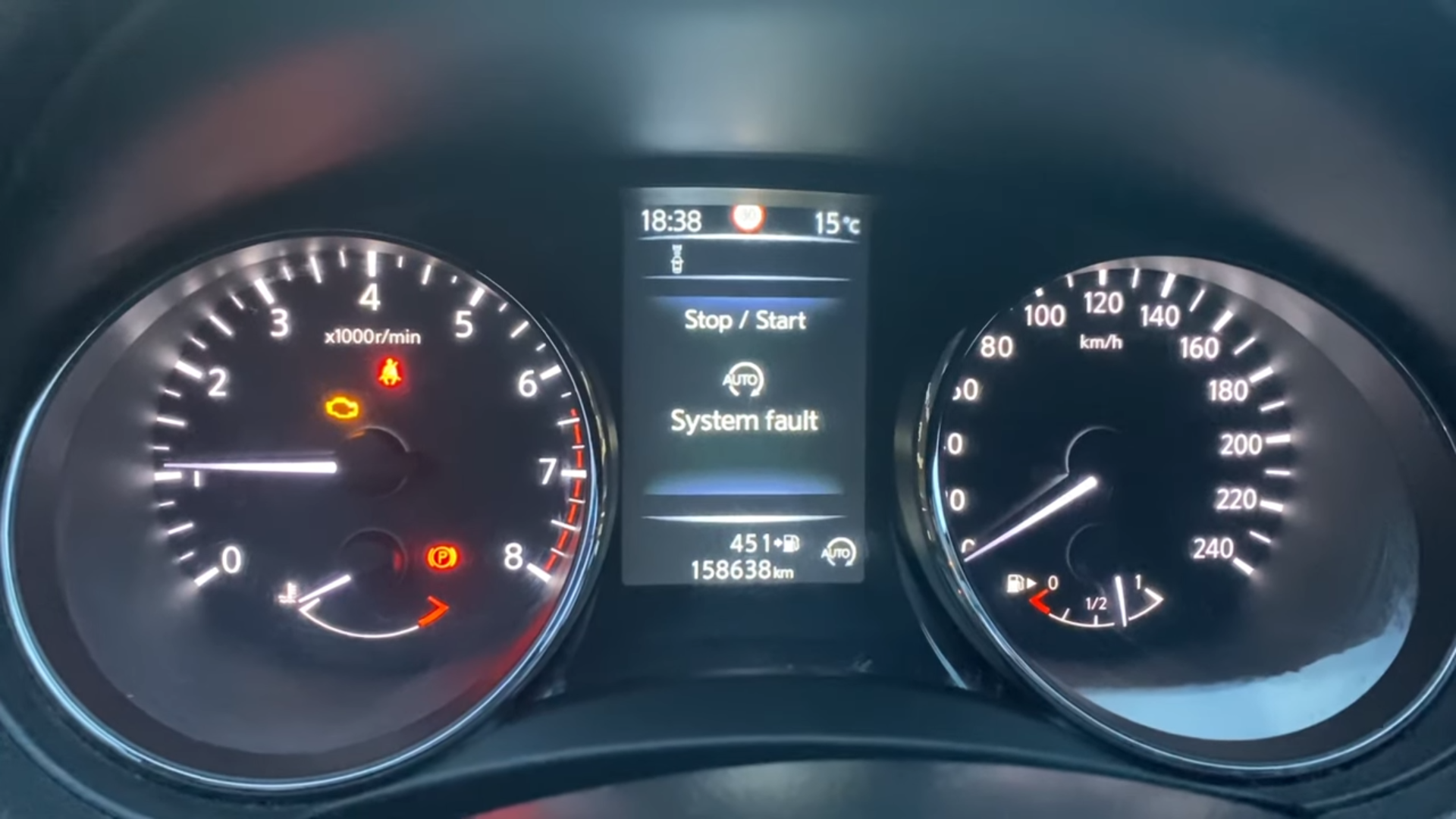Nissan Qashqai Diesel Owners: STOP Guessing! The ONLY Engine Oil Type You Need (Before It’s Too Late!)
Meta Title: Qashqai Diesel Oil: The Right Type & Why It Matters
Meta Description: Confused about your Nissan Qashqai diesel engine oil? This guide cuts through the confusion, providing the correct oil type, explaining its importance, and helping you avoid costly engine damage. Get the right oil and protect your investment!
Introduction
Owning a Nissan Qashqai diesel is a fantastic experience. It’s a versatile, fuel-efficient SUV that’s a favourite on roads worldwide. However, proper maintenance is crucial to keeping it running smoothly and reliably. One of the most critical aspects of maintenance is choosing the right engine oil. Unfortunately, the sheer number of oil types and specifications can be overwhelming, leaving many Qashqai diesel owners guessing. This uncertainty can lead to using the wrong oil, potentially causing significant engine damage and expensive repairs down the line. This article cuts through the noise, providing clear, concise information on the only engine oil type you need for your Nissan Qashqai diesel, ensuring its longevity and performance.
Why Engine Oil Matters: The Engine’s Lifeblood
Engine oil is far more than just a lubricant; it’s the lifeblood of your diesel engine. It performs several crucial functions:
- Lubrication: Reduces friction between moving parts, minimizing wear and tear.
- Cooling: Absorbs heat generated by combustion and friction, helping to regulate engine temperature.
- Cleaning: Suspends and carries away contaminants like soot, dirt, and metallic particles.
- Sealing: Helps create a seal between the piston rings and cylinder walls, maintaining compression.
- Corrosion Protection: Protects engine components from rust and corrosion.
Using the wrong oil compromises these functions, leading to accelerated wear, reduced fuel efficiency, and potentially catastrophic engine failure.
H2: The Correct Engine Oil for Your Nissan Qashqai Diesel
The most crucial piece of information: the specific oil type your Nissan Qashqai diesel engine requires. While variations exist depending on the specific engine and model year, the general recommendation is:
- Viscosity Grade: Usually 5W-30 or 0W-30. Refer to your owner’s manual for the exact recommendation for your specific model and engine.
- Oil Type: Fully Synthetic Oil is almost always the recommended choice for modern diesel engines, providing superior protection compared to semi-synthetic or mineral oils.
- Oil Specification: This is where it gets important. Look for oil that meets the ACEA C3 specification. This specification is specifically designed for diesel engines with Diesel Particulate Filters (DPFs), which are common in Qashqai diesels.
- Important Note: Check your owner’s manual for the exact specification required. It will specify the ACEA specification (C3, or sometimes a slightly different specification like C4) and also often specify the manufacturer’s own oil approval (e.g., Renault RN 0700 for some models).
H3: Understanding ACEA C3 and its Importance
The ACEA (Association des Constructeurs Européens d’Automobiles) C3 specification is a critical standard. It signifies that the oil:
- Is designed for use with DPFs.
- Offers reduced Sulphated Ash, Phosphorus, and Sulphur (SAPS) content, preventing DPF clogging.
- Provides excellent wear protection and fuel economy benefits.
Using an oil that doesn’t meet the correct ACEA specification can lead to:
- Premature DPF clogging: This can result in reduced engine performance, increased fuel consumption, and costly DPF replacement.
- Increased engine wear: Inadequate lubrication can damage critical engine components.
- Voiding your warranty: Using the wrong oil can invalidate your vehicle’s warranty.
H2: How to Choose the Right Oil: Practical Steps
Choosing the right oil doesn’t have to be complicated. Follow these steps:
- Consult Your Owner’s Manual: This is the definitive source of information for your specific Qashqai model and engine. It will specify the required viscosity grade, oil type, and ACEA specification.
- Check the Oil Label: The oil container will clearly state the viscosity grade (e.g., 5W-30) and the ACEA specification (e.g., C3). Look for the ACEA logo or the specific code (e.g., ACEA C3).
- Consider the Brand: Reputable oil brands like Castrol, Mobil 1, Shell Helix, and Total offer oils that meet the required specifications. [Link to a reputable oil brand website like Castrol]
- Buy the Right Quantity: Your owner’s manual will also specify the oil capacity of your engine. Ensure you purchase enough oil for a complete oil change, including the oil filter.
- Change the Oil Filter: Always replace the oil filter at the same time as the oil. A new filter ensures that the oil remains clean and free of contaminants.
H2: Common Mistakes to Avoid
- Using the Wrong Viscosity Grade: Using an oil that’s too thick or too thin can damage your engine.
- Ignoring the ACEA Specification: This is arguably the most critical mistake. Always ensure the oil meets the required ACEA standard (usually C3).
- Using Mineral Oil: Mineral oils are not suitable for modern diesel engines, especially those with DPFs.
- Prolonging Oil Change Intervals: Stick to the recommended oil change intervals specified in your owner’s manual or by your mechanic. Regular oil changes are crucial for engine health. [Link to a reputable auto repair resource like the AA or RAC]
- Assuming All Oils are the Same: Don’t assume that all oils are created equal. Always choose an oil specifically designed for diesel engines with DPFs.
H2: Real-World Example: The DPF Dilemma
Imagine a Qashqai owner who, due to a misunderstanding, uses an oil that does not meet the ACEA C3 specification. Over time, the high SAPS content in the oil clogs the DPF. The car starts experiencing reduced power, increased fuel consumption, and eventually, the DPF requires replacement – a costly repair. This scenario underscores the importance of using the correct oil.
Conclusion
Choosing the right engine oil for your Nissan Qashqai diesel is not a matter of guesswork; it’s a matter of protecting your investment and ensuring optimal performance. By focusing on the correct viscosity grade (usually 5W-30 or 0W-30), using fully synthetic oil, and, most importantly, ensuring the oil meets the ACEA C3 specification, you can significantly reduce the risk of engine damage and costly repairs. Always consult your owner’s manual, follow the practical steps outlined in this guide, and avoid common mistakes. By taking these steps, you can confidently maintain your Qashqai diesel and enjoy many years of reliable service.




